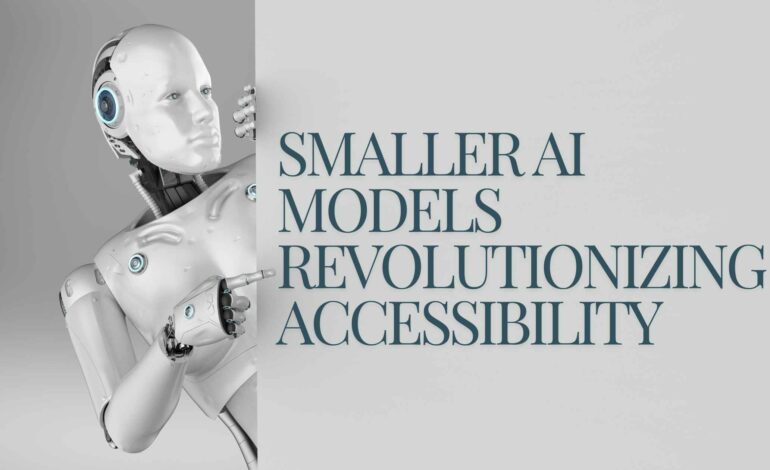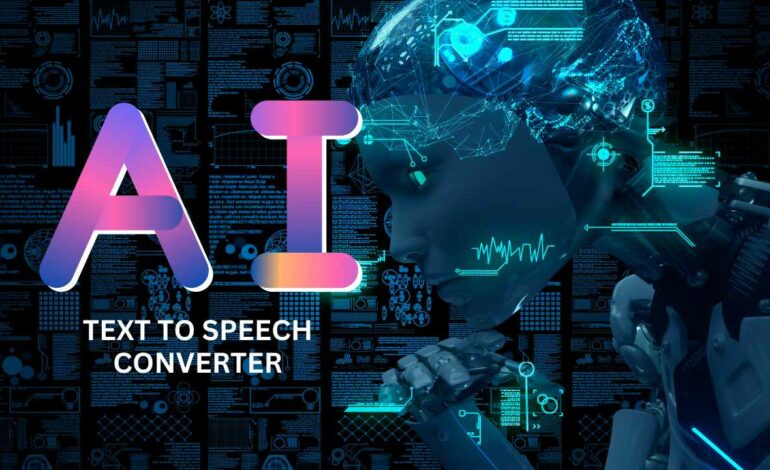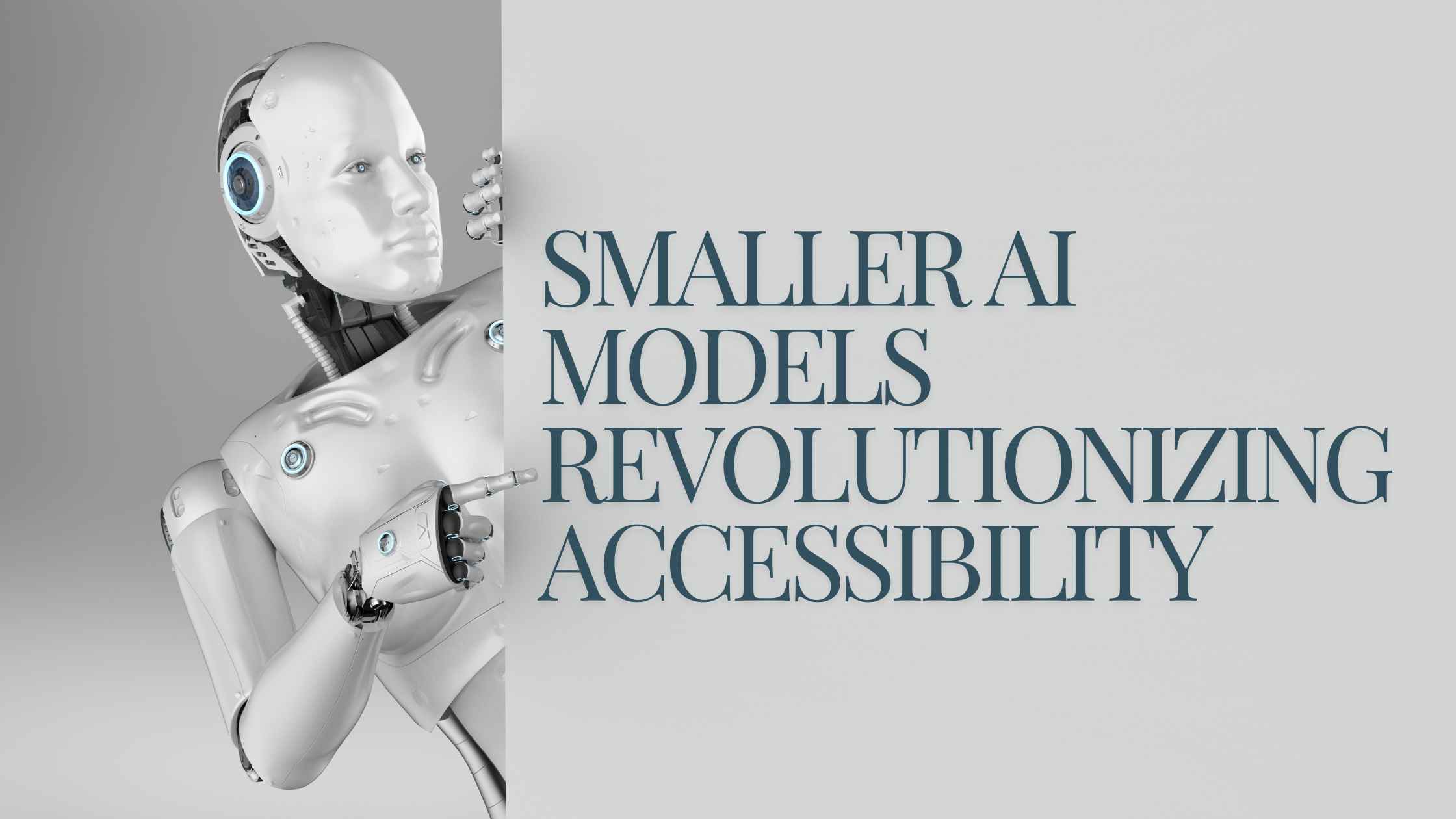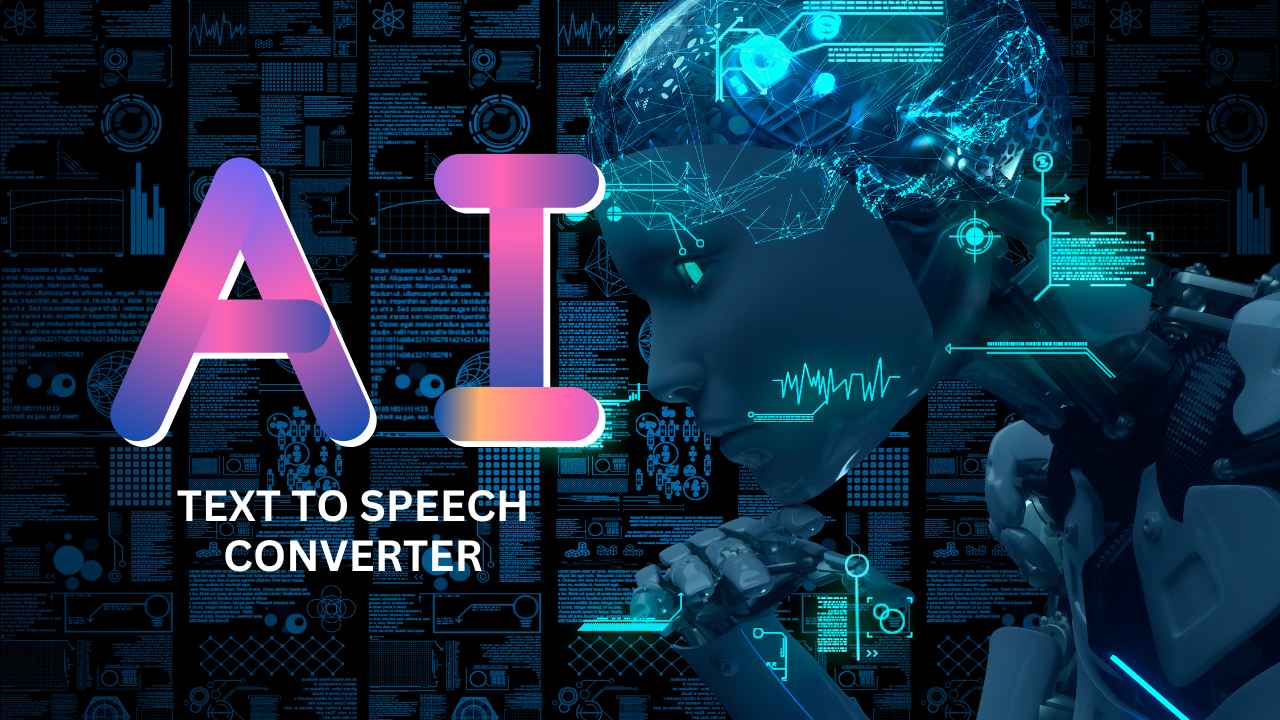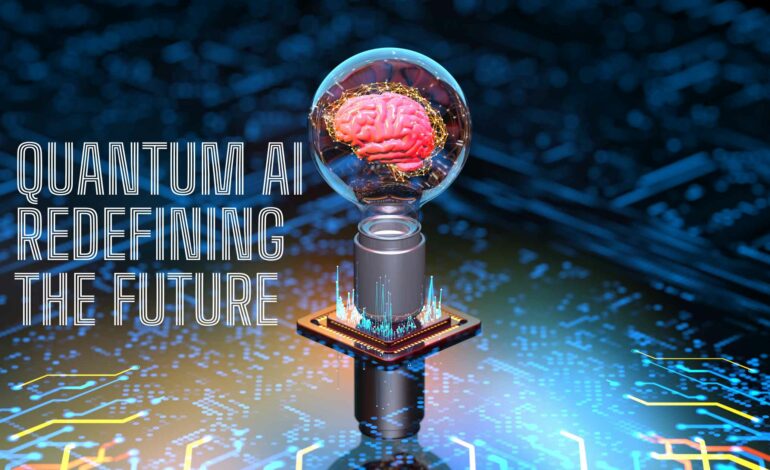
Quantum AI: Redefining the Future of Computing
Artificial Intelligence (AI) has already transformed industries with its ability to process large datasets, automate tasks, and make intelligent decisions. However, traditional AI models rely on classical computing, which has limitations when tackling highly complex problems. Enter Quantum AI—a groundbreaking field that merges the principles of quantum computing with AI to push the boundaries of what’s possible in artificial intelligence.
Quantum AI has the potential to revolutionize industries like cryptography, healthcare, finance, and more. By leveraging quantum mechanics, quantum AI can solve complex problems that are currently unsolvable by classical AI systems, leading to unprecedented advancements in various fields.
In this article, we will explore the concept of Quantum AI, its impact on different industries, and how it is set to redefine the future of computing.
Table of Contents
Introduction to Quantum AI
Quantum AI represents the fusion of two powerful fields: quantum computing and artificial intelligence. While AI has made remarkable strides in solving complex problems, classical computers are limited by their binary nature, processing information in 1s and 0s. Quantum computers, on the other hand, leverage the principles of quantum mechanics, such as superposition and entanglement, to perform calculations at speeds that far surpass classical computers.
By integrating AI with quantum computing, researchers aim to tackle problems that were once deemed unsolvable, ranging from optimizing supply chains to accelerating drug discovery. Quantum AI has the potential to redefine industries and revolutionize computing as we know it.
How Quantum Computing Enhances AI
Quantum Mechanics and Computing Basics
Quantum computing is based on the principles of quantum mechanics, a branch of physics that deals with the behavior of particles at the subatomic level. Unlike classical computing, which relies on bits (1s and 0s), quantum computing uses quantum bits, or qubits, which can exist in multiple states simultaneously due to a phenomenon known as superposition.
In addition to superposition, quantum computers also utilize entanglement, a quantum property that allows qubits to be interconnected in such a way that the state of one qubit can instantly affect the state of another, regardless of distance. These properties enable quantum computers to perform complex calculations exponentially faster than classical computers.
Quantum Computing vs. Classical Computing
While classical computers are excellent at performing sequential calculations, they struggle with tasks that involve large datasets and high levels of complexity, such as simulating molecular interactions or solving optimization problems. Quantum computers, with their ability to process multiple possibilities simultaneously, can tackle these tasks far more efficiently.
This is where quantum AI comes into play. By leveraging quantum computing, AI models can be trained faster, explore larger datasets, and solve problems that would be impossible for classical AI systems to handle.
Quantum AI: The Intersection of Two Technologies
Quantum AI is the convergence of quantum computing and AI. This integration allows AI models to benefit from the computational power of quantum computers, enabling them to process vast amounts of data in parallel and make more accurate predictions.
One of the key areas where quantum AI shows promise is in optimization problems. For instance, AI algorithms that are used for optimizing supply chains, financial portfolios, or traffic systems often rely on classical computers to search for the best solution among millions of possibilities. Quantum computers can significantly accelerate this process by exploring multiple solutions at once, leading to faster and more efficient optimization.
Another area where quantum AI can make a significant impact is in machine learning. Quantum machine learning algorithms can process and analyze data at unprecedented speeds, allowing for faster training of AI models and more accurate predictions. This has far-reaching implications for industries that rely on big data, such as healthcare, finance, and logistics.
Impact of Quantum AI on Industries
Cryptography
Cryptography is one of the fields most affected by the rise of quantum computing. Classical cryptographic methods, such as RSA encryption, rely on the difficulty of factoring large prime numbers—a task that classical computers struggle with. However, quantum computers, using algorithms like Shor’s algorithm, can factor these numbers exponentially faster, rendering many classical encryption methods obsolete.
Quantum AI has the potential to both enhance and disrupt cryptography. On one hand, it can be used to develop more secure cryptographic methods that are resistant to quantum attacks. On the other hand, it poses a threat to existing encryption systems, which will need to be upgraded to withstand the power of quantum computers.
Healthcare
In healthcare, Quantum AI could revolutionize drug discovery and personalized medicine. Traditional drug discovery processes are time-consuming and expensive, often involving years of research and testing. Quantum AI can accelerate this process by simulating molecular interactions at a quantum level, allowing researchers to identify potential drug candidates more quickly and accurately.
Moreover, quantum machine learning algorithms can analyze large datasets of medical records and genetic information to identify patterns that would be difficult to detect using classical methods. This could lead to more accurate diagnoses, personalized treatment plans, and ultimately better patient outcomes.
Finance
The finance industry is another area where Quantum AI could have a significant impact. Financial institutions rely on AI for tasks such as fraud detection, risk assessment, and portfolio optimization. Quantum AI can enhance these processes by providing faster and more accurate analysis of financial data.
For example, quantum algorithms can optimize investment portfolios by evaluating a larger number of possible outcomes in a shorter amount of time. This could lead to more efficient trading strategies and better returns for investors. Additionally, Quantum AI can improve fraud detection by analyzing transaction data at a quantum level, allowing for more precise identification of suspicious activities.
Quantum AI’s Potential for Solving Complex Problems
One of the most exciting aspects of Quantum AI is its potential to solve problems that are currently beyond the reach of classical AI systems. These include:
- Optimization Problems: Quantum AI can quickly find optimal solutions to complex problems in fields like logistics, transportation, and supply chain management.
- Simulation of Molecular Structures: Quantum AI can simulate molecular interactions with high precision, enabling breakthroughs in fields like chemistry, materials science, and pharmaceuticals.
- Machine Learning: Quantum machine learning algorithms can process and analyze data at speeds that are unattainable for classical computers, leading to more accurate predictions and faster AI model training.
The ability of Quantum AI to tackle these problems opens up new possibilities for innovation and progress across a wide range of industries.
Challenges and Limitations of Quantum AI
Despite its potential, Quantum AI is still in its early stages of development, and there are several challenges that need to be addressed:
- Hardware Limitations: Quantum computers are still in the experimental stage, and building a scalable, error-free quantum computer is a significant challenge. Current quantum computers have limited qubits and are prone to errors, which can affect the accuracy of quantum AI models.
- Algorithm Development: Quantum AI requires the development of new algorithms that can leverage the unique properties of quantum computing. These algorithms are complex and require expertise in both quantum mechanics and AI.
- Data Integration: Integrating quantum AI with existing classical AI systems and datasets is another challenge. Quantum AI models need to be able to work with classical data while taking advantage of quantum computing’s capabilities.
Future Prospects: What Lies Ahead for Quantum AI?
The future of Quantum AI is incredibly promising, with potential applications across various industries. As quantum computing technology continues to advance, we can expect to see more powerful and efficient quantum AI models that can tackle even more complex problems.
In the coming years, we are likely to see quantum AI being used in fields such as:
- Climate Modeling: Quantum AI could help researchers simulate and predict climate changes more accurately, leading to better strategies for mitigating the effects of global warming.
- Artificial General Intelligence (AGI): Quantum AI could play a role in the development of AGI, a form of AI that can perform any intellectual task that a human can do.
- Advanced Robotics: Quantum AI could enhance the capabilities of robots, enabling them to perform tasks that require complex decision-making and real-time processing.
As Quantum AI continues to evolve, it will undoubtedly play a key role in shaping the future of computing and AI.
Frequently Asked Questions (FAQs)
Q1: What is Quantum AI?
Quantum AI is the integration of quantum computing with artificial intelligence. It leverages the principles of quantum mechanics to perform calculations and process data at speeds that far surpass classical AI systems.
Q2: How does quantum computing enhance AI?
Quantum computing enhances AI by enabling faster processing of complex calculations and larger datasets. Quantum AI models can explore multiple possibilities simultaneously, leading to more efficient problem-solving and optimization.
Q3: What industries can benefit from Quantum AI?
Industries such as cryptography, healthcare, finance, logistics, and materials science can benefit from Quantum AI. It has the potential to revolutionize drug discovery, optimize supply chains, enhance cybersecurity, and more.
Q4: What are the challenges of Quantum AI?
Challenges include hardware limitations, the need for new algorithm development, and integrating quantum AI with existing classical AI systems. Quantum computers are still in the experimental stage, and building a scalable quantum computer is a significant challenge.
Q5: What is the future of Quantum AI?
The future of Quantum AI is promising, with potential applications in fields such as climate modeling, artificial general intelligence, and advanced robotics. As quantum computing technology continues to advance, we can expect
Conclusion
Quantum AI represents a promising frontier in computing, with the potential to transform industries and solve complex problems that were previously intractable. As quantum computing technology advances and algorithms improve, we can expect to see increasingly sophisticated quantum AI applications in the years to come.

